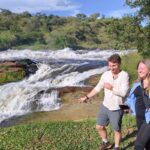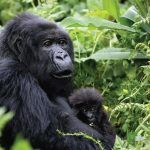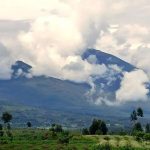These health guidelines for Uganda will help you properly plan your safari to Uganda for gorilla trekking and wildlife viewing experiences.
Travelling, especially to far and distant places comes with some extra considerations. The different geography and way of life often mean you have to think about your health and comfort.
When you come on a safari with us, we want you to enjoy every living minute without having to worry or feel anything other than 100%. Whether you are hiking through the thick rain forests for gorillas or tracking leopards on a night safari, good health is integral to you having an unforgettable experience.
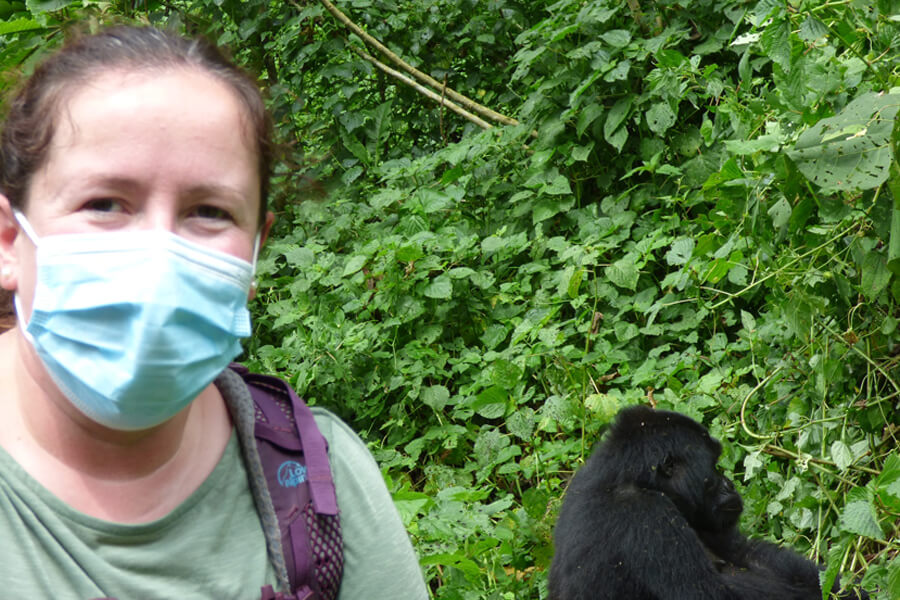
If you are coming to Uganda or any of our destinations of operation, this simple guide will give you an idea of what to take into consideration and even talk to your doctor about. These are general guidelines and depending on your exact travel preferences and plans, we will happily advise under your exact scenario.
Health & Vaccination Guidelines for Uganda
Here are some health and vaccination guidelines you should think about before you visit Uganda. Make sure you get professional guidance from your doctor.
1. Yellow Fever.
Yellow fever is one of the most important vaccinations you can get for an African safari because it spreads very easily and has no cure. it is only preventable by a one-time vaccination. If you have ever been vaccinated for Yellow fever, you don’t have to get vaccinated again.
After a yellow fever vaccination, you are given a vaccination certificate which you might be asked to present on arrival in some countries or national parks.
Make sure your vaccination for yellow fever is done more than 10 days before your travel.
2. COVID-19.

The coronavirus has changed our lives on a global scale and is still around in all parts of the world. Many people are vaccinated and it is helping to stop several cases and hospitalisations.
Being vaccinated is a good thing because falling sick in the wild is not easy. Additionally, coronavirus can spread to other primates, in the national parks.
On your arrival, you will need to show your COVID vaccination certificate. Uganda no longer requires a PCR test for people who are fully vaccinated.
3. Malaria.
Africa’s warm climate is ideal for many things including mosquitoes that cause malaria. While there are treatments and medicines for Malaria, it is better to not get it.
We’ll advise you on the precautions to keep the mosquitoes away, but you should talk to your doctor for professional advice. Some travellers take antimalarial drugs just to strengthen their bodies prior to their travel.
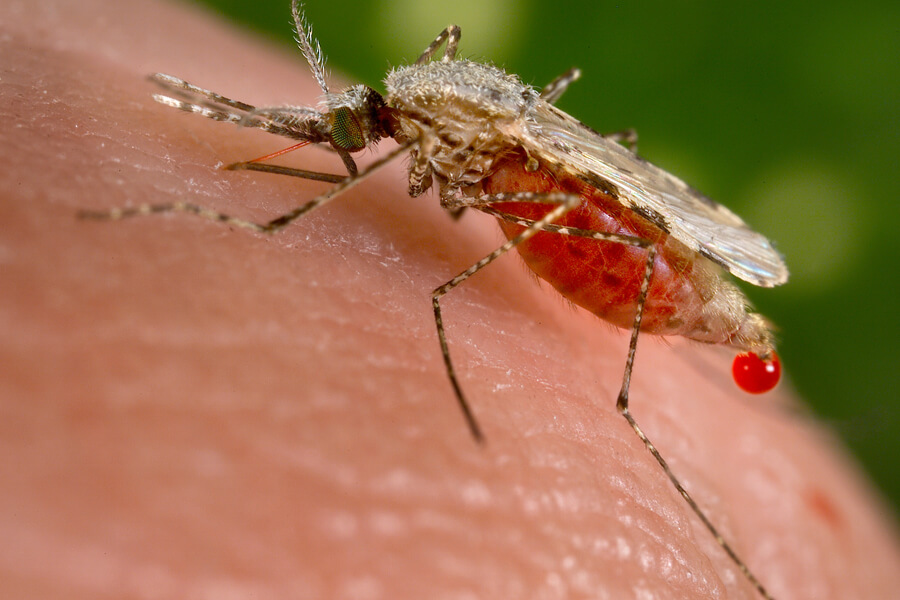
4. Tetanus, Cholera, Hepatitis.
You can get vaccinated for Tetanus, Cholera and Hepatitis but this is your description and the advice of your doctor. These might be more relevant for people who plan on long stays and dealing with environments that could lead to contraction.
5. Diarrhoea / Guardia
Good personal hygiene and control over the quality of your drinking water should avoid this. Bottled water is readily available throughout the country, but take along some medicine in case, particularly if you are planning to spend some time travelling alone and not with a tour company.
6. Regular Medicine
If you have any regular medicines, make sure to talk to your doctor about them and plan properly for your safari holiday. If you are taking some medicine that could prove hard to get or refill, your doctor will advise you on alternatives or give you enough prescriptions to last your whole journey.
Conclusion
These are general health guidelines for Uganda travel planning, but you should get personalized advice and recommendations. As a general rule of thumb, make sure to talk with your doctor openly and honestly about any of the above considerations.
Every person’s medical needs are different and that is why we advise that you talk with a doctor for professional advice that is tailored to your case.
Whenever we are planning your trip, we try to give you all the information you need but you can always ask questions. This means that we are available for you throughout the entire process. With all your considerations in mind, we make for you a safari that is a good fit in terms of your experiences, your restrictions and your health.
Related articles
- Is Uganda safe to visit
- Top places to visit in Uganda
- Uganda’s climate and seasons
- How to choose the perfect safari package


